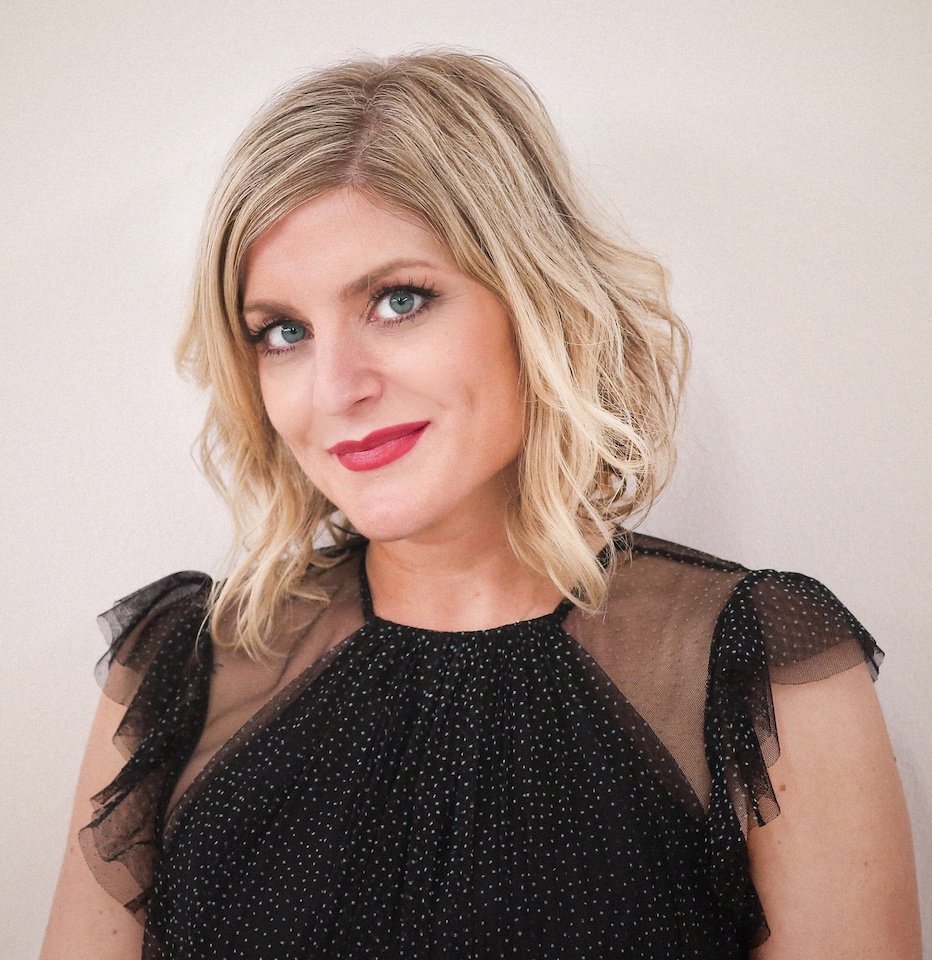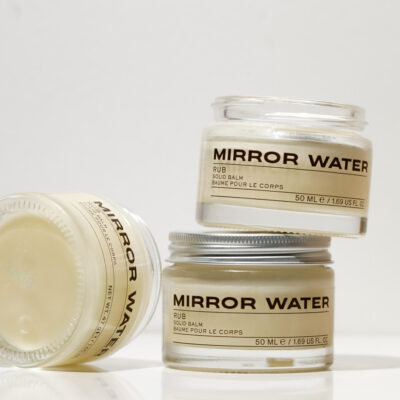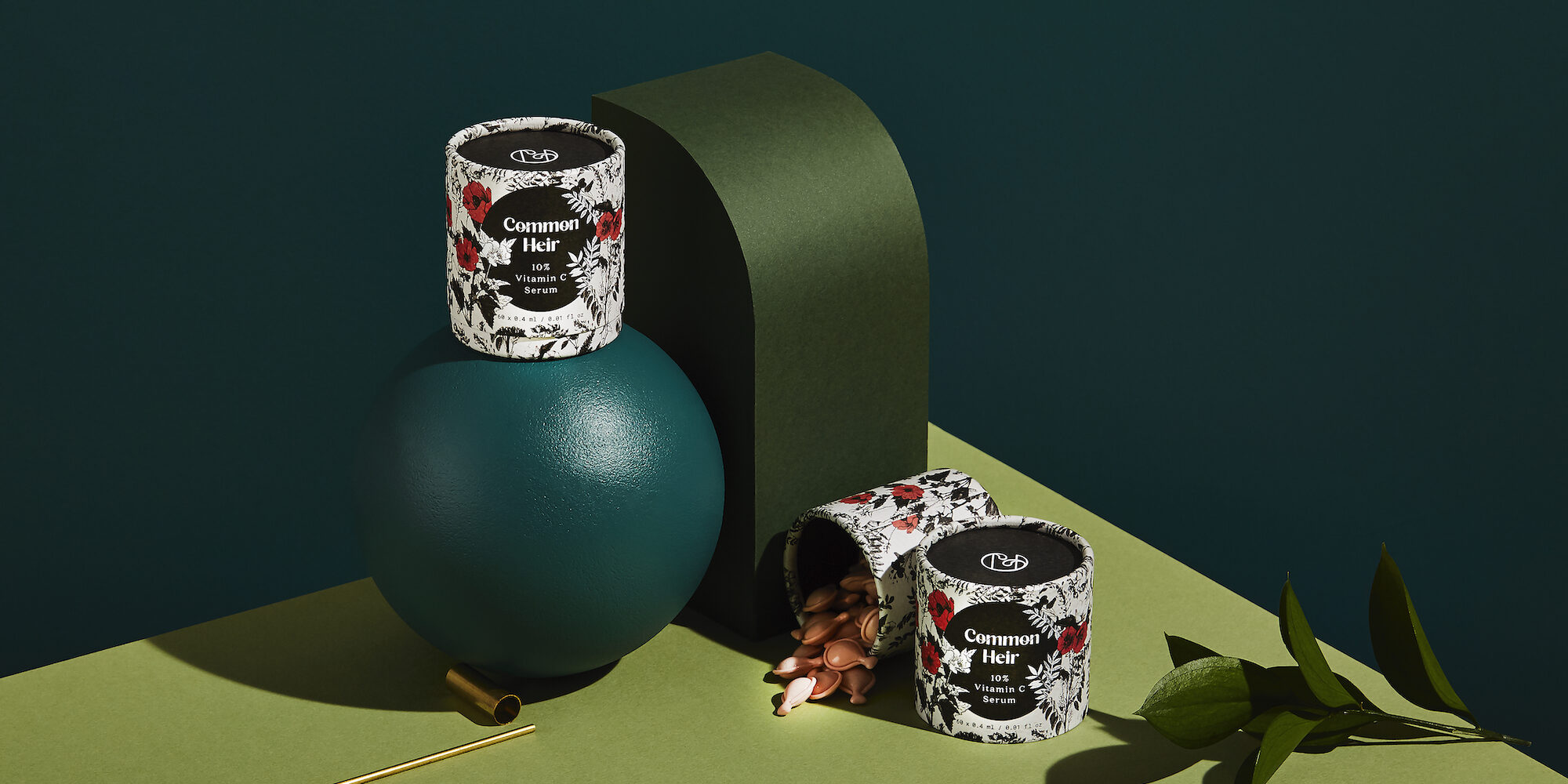
Credo For Change Participant Common Heir Set To Launch With Clean, Clinical And Plastic-Free Skincare
Common Heir is taking an uncommon approach to a skincare classic.
Available for pre-launch today and officially launching on April 6, the brand is kicking off with one waterless product, Vitamin C Serum. Priced at $88 for a two-month supply, the serum’s formula is comprised of an oil-soluble 10% vitamin C derivative selected to improve skin tone texture, housed in 60 capsules that dissolve in water and packaged in a recyclable cardboard tube. Cruelty-free Common Heir is in the process of becoming certified by the Environmental Working Group, and its Vitamin C Serum adheres to Credo’s and Sephora’s clean beauty standards.
Creating a sustainable brand was a key motivation for Common Heir co-founder Cary Lin, an MIT Sloan School of Management graduate who got bit by the entrepreneurial bug about a year and a half ago after working in brand management and marketing at Honest Beauty Co., Procter & Gamble and Tatcha. “I was walking on my local beach here in Santa Monica, and I stumbled across these old plastic lotion bottles that were barnacled and covered with debris and algae,” she recalls. “I remember brushing off the expiration date, and it had been probably at sea for about three years before washing back up on my local beach. I thought to myself, ‘Wow, everything I’ve ever built or had a hand in creating and putting on this planet, I wonder where all of that is sitting right now?’”
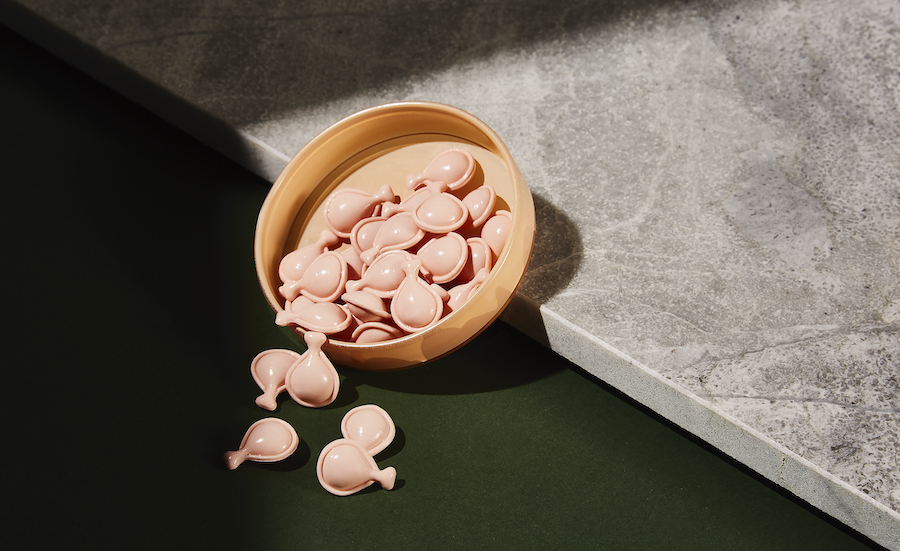
Lin realized she’d previously helped develop products that weren’t intentional about where the materials they were constructed out of came from or where they went once consumers were finished with them. She says, “I decided that I wanted to rectify that and find a new way of designing and building products and a brand that really had that intention built in from the ground up.” In addition, she decided she didn’t want to erect a brand alone. “So much of building a brand promise is being able to actually credibly execute against that kind of commitment,” says Lin. “I knew I wanted to find a partner who would complement me on the supply chain manufacturing operation side.”
She met Angela Ubias through a mutual friend who figured Ubias’s background would be the perfect match for Lin’s background, despite the fact Ubias lived more than 1,300 miles away in Austin, Tex. Ubias spent nearly a decade playing a pivotal role in at one of the original clean beauty manufacturers, Goodkind Co., previously known as Texas Beauty Labs. As a VP at the manufacturer, Ubias handled business development and product innovation, and honed her skills at scaling high-growth startups. In her over seven years at Texas Beauty Labs, she contributed to the birth of 50-plus clean and independent beauty brands.
While she toiled on other people’s brands, Ubias considered launching her own brand, but, similar to Lin, wasn’t interested in being a solopreneur. Then, she connected with Lin. “I felt we were so aligned in what we wanted to see and what we could build,” says Ubias. “I also felt that Cary really complemented all the areas I was a bit gun-shy about, and I was not sure that I had the exact skill set to do this on my own.”
Lin and Ubias spoke on the phone in December 2019 and, the next month, Lin traveled to Austin to seal the deal. The pandemic disrupted the United States beginning in March last year, but the pair continued to move forward on what would become Common Heir. In May last year, Ubias quit her job at Goodkind Co. to concentrate on Common Heir.
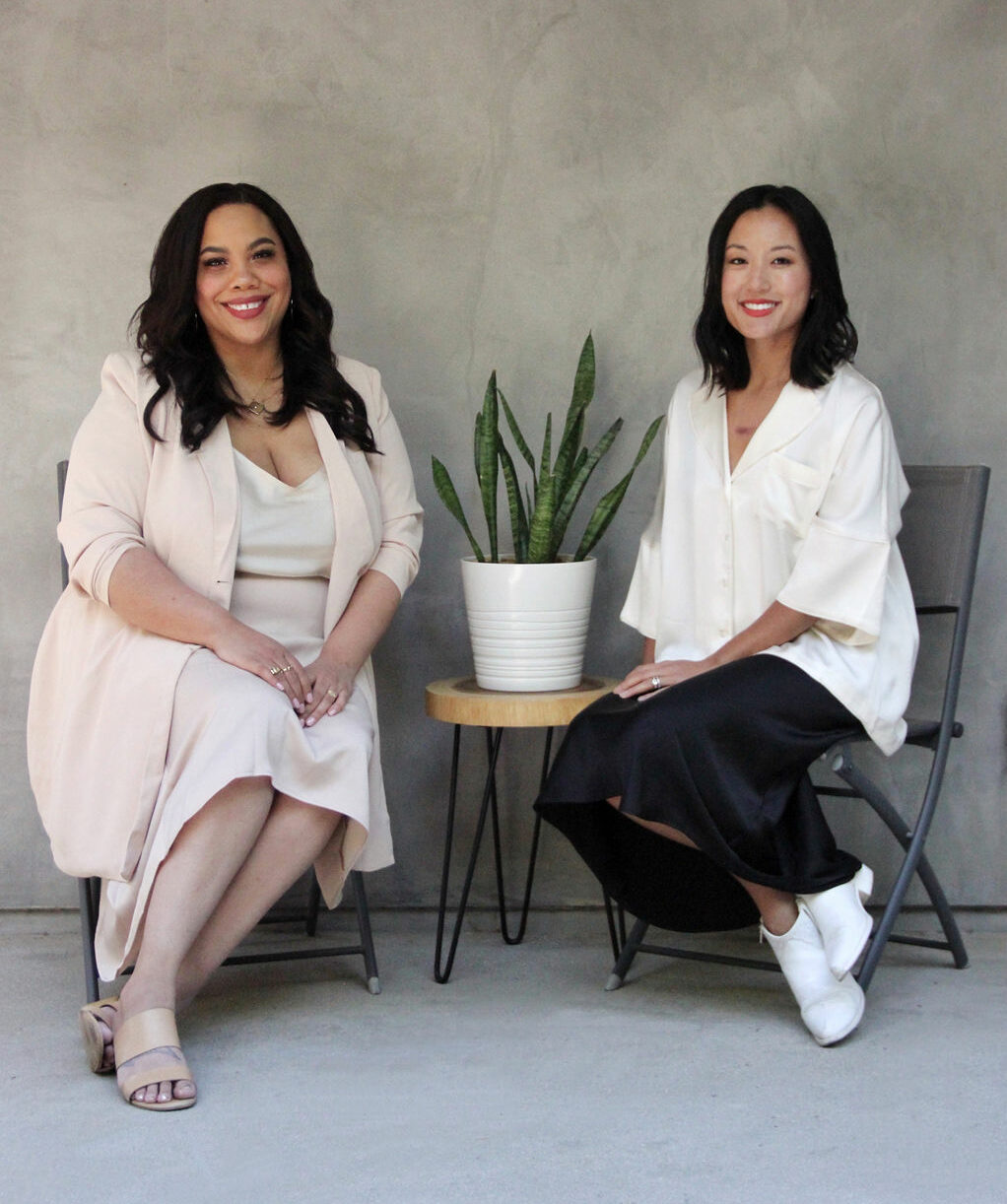
In June, the duo applied for the inaugural Credo for Change cohort on the advice of fellow entrepreneur Therese Clark, founder and CEO of intimate care brand Lady Suite. The clean beauty retailer Credo introduced Credo for Change as a mentorship program to provide guidance and education to BIPOC founders to prepare their brands for larger retail or direct-to-consumer distribution. The 2020 program ran from August to December, and included monthly one-on-one sessions with Credo executives and industry experts for ongoing strategic support.
Women of color founders are prolific entrepreneurs, but severely under-supported. According to research sanctioned by American Express, as of 2019, women of color account for 50% of all women-owned businesses.Yet, during the first quarter of 2020, only 4.3% of VC deals went to companies founded by women. Women of color were awarded less that 1% of those deals.
A session with creative agency Bartlett Brands founder Rebecca Bartlett was especially poignant for Ubias and Lin. Bartlett had the co-founders turn their focus from shaping their product to shaping their brand. Lin recounts, “We had spent all of our time talking about why we picked vitamin C, why the biodegradable capsule, the lengths we were going to on sustainability and all that. [Bartlett] asked us if we give enough payoff to the fact that the brand is called Common Heir, this passing things down and making it better? It was that inflection point where we’re like, ‘Oh, that’s great.’ Thinking about what we stood for made us navel gaze a little bit and go back to establishing a really strong purpose, mission and vision.”
Common Heir has opted to proceed with a soft launch prior to an official launch to properly tend to early advocates. Lin explains, “Given that COVID has made supply chains very interesting around the world for everybody, we wanted to make sure we were able to get a taste of that demand so that we could forecast for our broader launch. We wanted to do things very hands-on, small batch so that we could avoid having a lot of waste or excess inventory.” To foster close relationships with Common Heir customers, Lin and Ubias don’t plan to sell on Amazon for the moment, but may be open to the platform in the future. Ubias shares Common Heir plans to release another one to two skincare products in the next 12 months.
To get Common Heir off the ground, the co-founders initially bootstrapped the operation through May 2020, even selling personal belongings to fund the enterprise. They’ve since closed an angel round for an undisclosed amount, using the proceeds to fund clinical trials, biodegradability certification and further mission-driven initiatives.
Lin says a number of Common Heir’s angel investors were sold on the brand following its beta test last year. “They didn’t know us very well or owe us anything [when they were part of the beta testing]. A lot of them really enjoyed that first iteration. They came back to us and said, ‘Are you guys actually going to launch? We need you to exist. Can we invest?’ We have several of those earliest beta customers on our cap table,” she says. “That was a good signal for us that someone likes what we’re doing so much that they would put in their own savings to make sure that we exist.”
